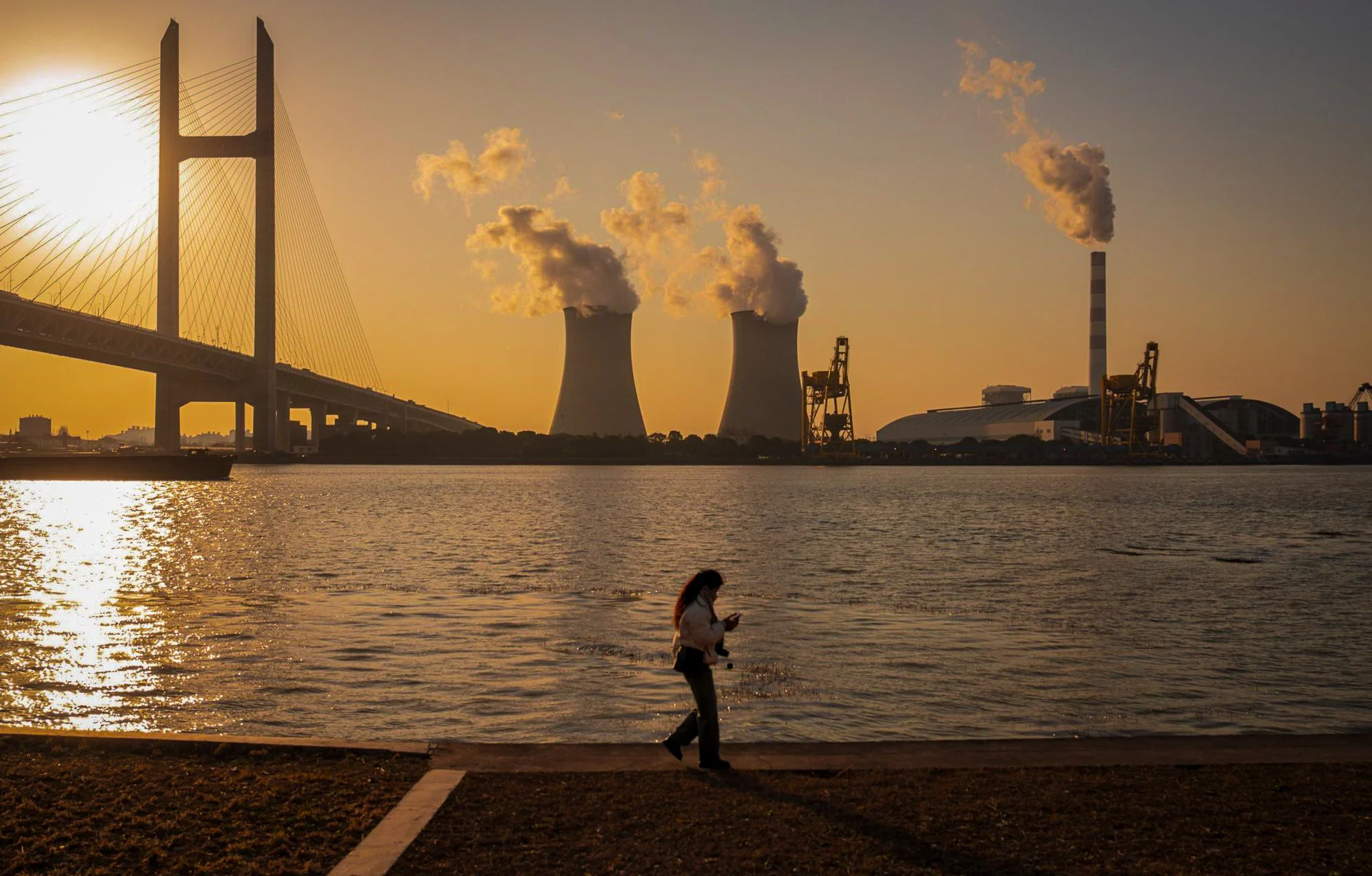China is set to expand its national carbon trading market to include the steel, aluminum, and cement industries by the end of the year. This move aims to encourage these high-emission sectors to reduce their carbon footprint. The decision, announced by Minister of Ecology and Environment Huang Runqiu, was expected and comes as part of China’s broader strategy to curb emissions.
The expansion of the carbon market will impose additional costs on producers of steel, aluminum, and cement. It is also seen as a way to mitigate the impact of the European Union’s new carbon tariff, CBAM, which will take effect in 2026. China’s current carbon market, which includes power utilities, has been slow to drive significant changes due to low carbon prices and taxes. However, this expansion is a key step toward Beijing’s goal of covering 70% of its emissions by 2030.

